It’s easier than on earth!
Category: space
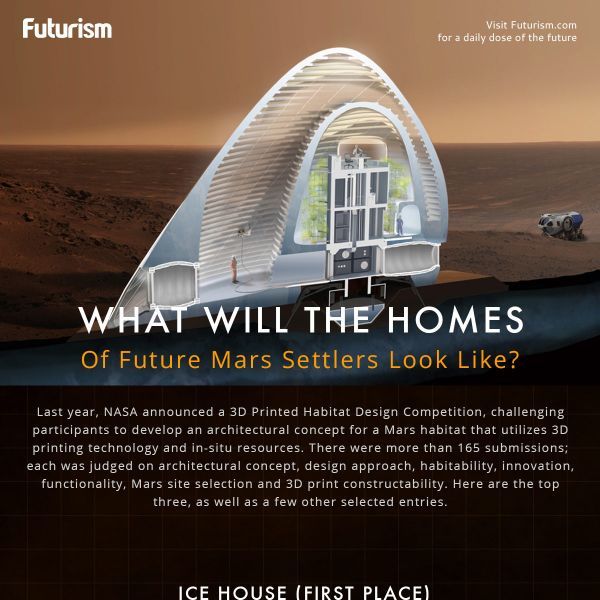
Here’s What NASA Thinks Our Martian Homes Will Look Like
The Red Planet is a hostile, barren world. So if we’re going to live there, we’re going to need to develop a new kind of home.

The director of Star Wars: Episode IX wants to shoot scenes in outer space
During a panel talk about the ins-and-outs of filmmaking at the Sundance Film Festival, director Colin Trevorrow (Jurassic World), who will be directing Star Wars: Episode IX, teased an idea he’s working on for his Star Wars movie: shooting in space.
“I asked the question, ‘Is it possible for us to shoot IMAX film plates in actual space for Star Wars, and I haven’t gotten an answer yet,” said Trevorrow during the panel.
Trevorrow made the comments while on a panel that included Christopher Nolan and cinematographer Rachel Morrison (Fruitvale Station).
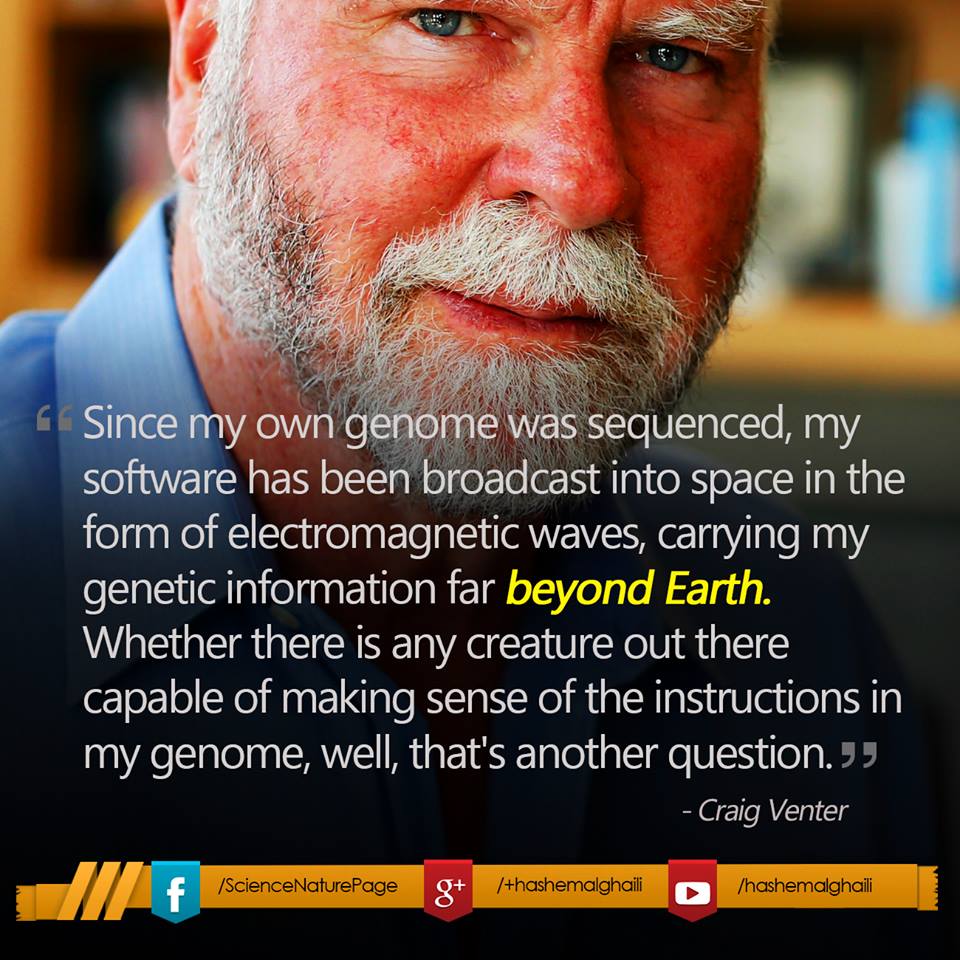
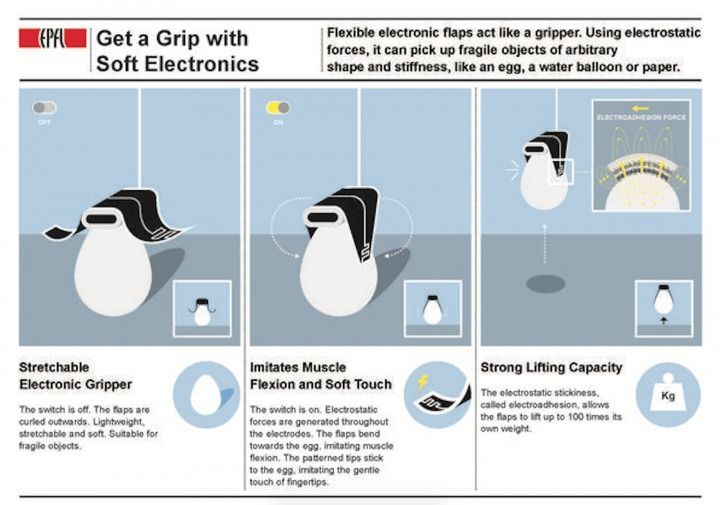
This new soft robotic gripper can gently pick up objects of practically any shape
Robots aren’t exactly known for their delicate touch, but soon, the stereotype of the non-gentle machine may change. Scientists say they have managed to develop a robot with “a new soft gripper” that makes use of a phenomenon known as electroadhesion — which is essentially the next best thing to giving robots opposable thumbs. According to EPFL scientists, these next-gen grippers can handle fragile objects no matter what their shape — everything from an egg to a water balloon to a piece of paper is fair game.
This latest advance in robotics, funded by NCCR Robotics, may allow machines to take on unprecedented roles. “This is the first time that electroadhesion and soft robotics have been combined together to grasp objects,” said Jun Shintake, a doctoral student at EPFL. Potential applications include handling food, capturing debris (both in space and at home), or even being integrated into prosthetic limbs.
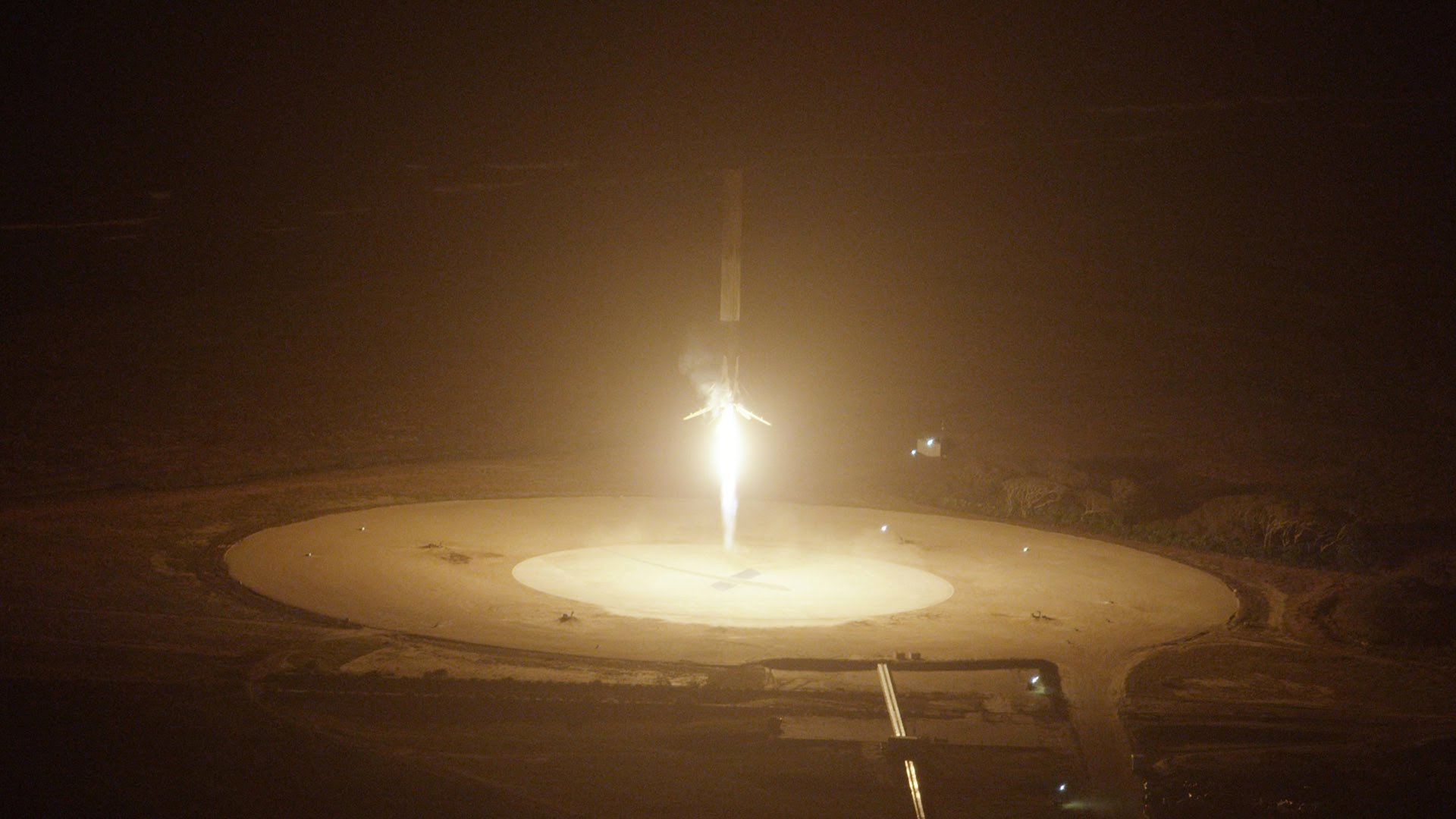
Space and Technology Review: Our Home Among the Stars
At Singularity University, space is one of our Global Grand Challenges (GGCs). The GGCs are defined as billion-person problems. They include, for example, water, food, and energy and serve as targets for the innovation and technologies that can make the world a better place.
You might be thinking: We have enough challenges here on Earth—why include space?
We depend on space for telecommunications, conduct key scientific research there, and hope to someday find answers to existential questions like, “Are we alone in the universe?”. More practically, raw materials are abundant beyond Earth, and human exploration and colonization of the Solar System may be a little like buying a species-wide insurance policy against disaster.
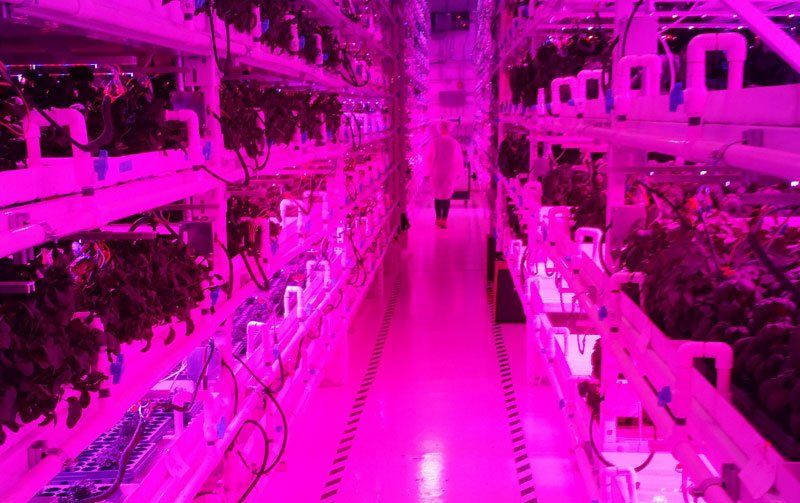
Astronauts and Arugula: Using Space-Station Technology to Grow Food — By Davina van Buren | Modern Farmer / smithsonian.com
“Unlike other vertical farms that use market-ready technology, Romano developed Infinite Harvest’s proprietary building management system from the ground up, using his knowledge of space habitat design.
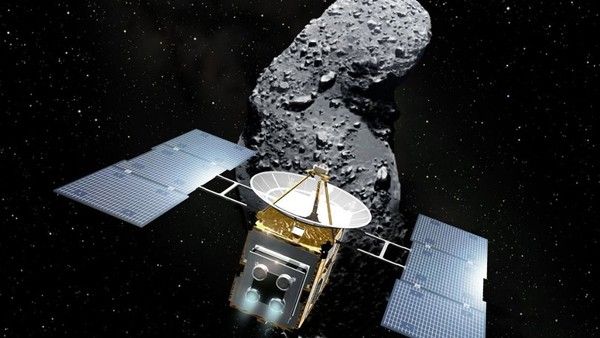
Luxembourg launches plan to mine asteroids for minerals — By Clive Cookson | Financial Times
“Mining in space will take a leap from the realms of science fiction towards commercial reality on Wednesday when Luxembourg launches an official initiative to promote the mining of asteroids for minerals.”
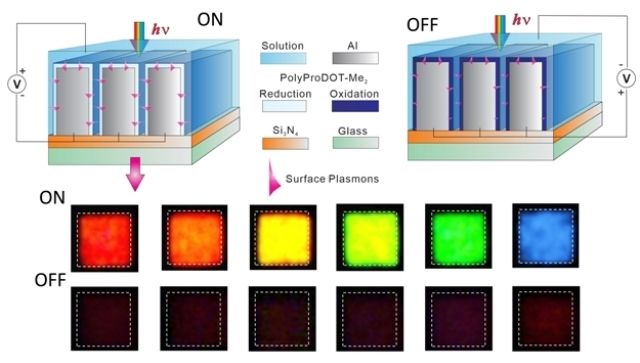
NIST Develops Novel Technology
A few years ago, my friend and I were brainstorming on some NextGen Technologies to look at for investment purposes. And, he suggested Polymer Coating. And, was he ever right. Google and others are using it for screen imaging on Lens, etc. Love this stuff.
Researchers at the National Institute of Standards and Technology (NIST) have combined advanced nanometer-scale gratings and a Space Age-era thin-film polymer, to invent a novel technology. This technology can be used to fabricate routers and switches for optical signals, energy-efficient full-color video displays, and smart windows and coatings.

The Race To Mine Asteroids Gains International Support
Welcome to the future, folks.
There is more mineral wealth just floating around our solar system than a million times the amount Earth EVER contained. As these asteroids are mined, tunnels will be built, forming the basis for a space station and/or colony. This fact more than doubling the usefulness of the entire operation, AND it’s return on investment. I think THIS is going to be the way in which we’ll begin to colonize our Solar System. Also, a lot of the hazardous (to the environment, human beings, and/or both) that are an inevitable byproduct of heavy industry on our planet could be exported to stations like these, tripling the value of the entire operation.
Today, the Luxembourg Government announced that they are taking steps to become Europe’s hub for mining space resources.
The small European country plans to establish the necessary legal and regulatory framework and invest in related research and development projects. They’re even considering investing in already-established asteroid mining companies like the U.S. based Deep Space Industries and Planetary Resources.
This announcement comes shortly after the United States took a huge step forward in making commercial space mining legal. President Obama signed the U.S. Commercial Space Launch Competitiveness Act (CSLCA) in November, which stated that U.S. companies are entitled to maintain property rights of resources they’ve obtained from outer space.